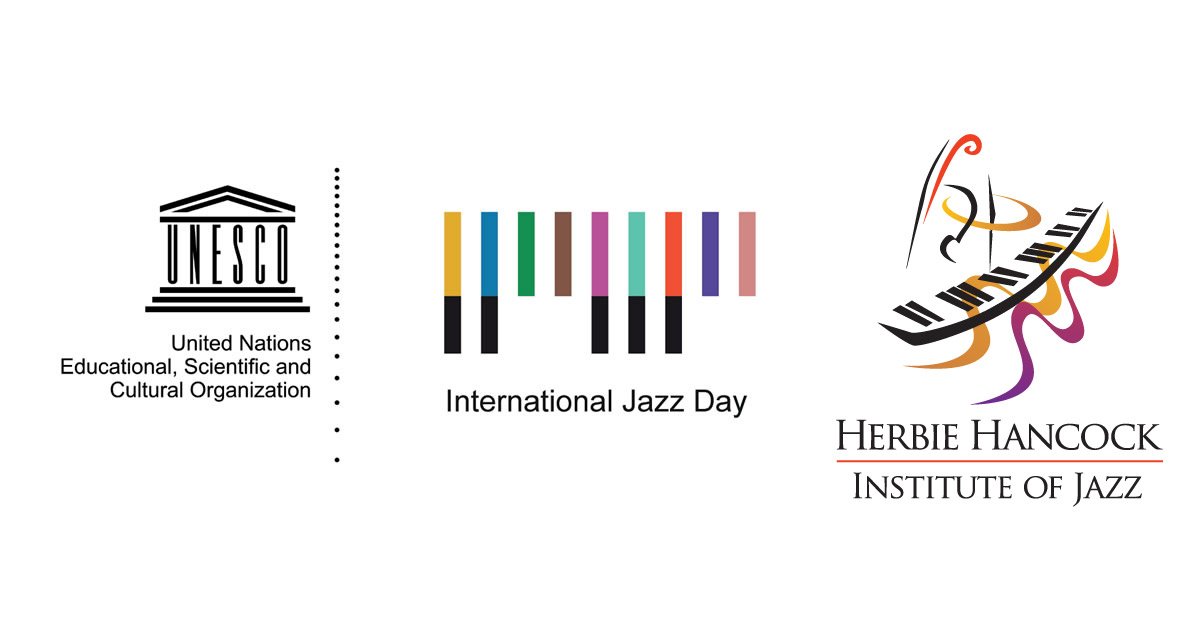A barrel of oil is now cheaper than a pint of beer in Canada https://www.cnbc.com/2020/03/30/a-barrel-of-oil-is-now-cheaper-than-a-pint-of-beer-in-canada.html
No fim de março, o contrato futuro de petróleo no Canadá (WCS -- Western Canada Select) negociava a US$ 4,18/barril: "
$4 dollar oil is incredible nonetheless", disse a matéria. O pint de uma boa cerveja no país custa US$ 5, portanto, mais caro que a commodity.
Só um adendo na relação de preços do petróleo: o WTI historicamente é negociado com um valor maior que o WCS, pelo último ser mais ácido -- "
like maple syrup". No fechamento do contrato, o futuro americano caiu muito mais que o canadense, como falamos nesse post: Petróleo directed by Quentin Tarantino --
https://fisher-and-chips.blogspot.com/2020/04/petroleo-directed-by-quentin-tarantino.html.
Depois dessa semana, ainda faz sentido a comparação etílica?
*
Os americanos produzem whisky, os escoceses, whiskey. Há larga diferença, que não somente ortográfica. Nos Estados Unidos, o whisky é bourbon que depois de envelhecido, não pode ter o barril reaproveitado. Daí que surge um mercado para esses barris por todo o globo. Este influenciado pela guerra tarifária.
Um resuminho:
"As with oil, this particular barrel business is at the mercy of the laws of supply and demand and goes through its own peculiar crises. Beginning in the late 2000s, the subprime mortgage crisis, the financial meltdown, and the Great Recession triggered events—a collapse in construction industry demand for wood, a slowdown in logging—that would ripple through the barrel business. That meant less wood for whiskey casks. By 2015 the price of a used barrel, now about $100, rose as high as $200.
"We’re going to see something similar five years from now,” says Liz Braun. She oversees the sale of the almost 1 million used barrels that Brown-Forman generates each year from the distilleries that turn out brands including Jack Daniel’s and Woodford Reserve. A “remarkably wet” 2019 has kept loggers out of many U.S. forests, she says. “Everyone will have seen a dip in the amount of wood available.”
That may have global consequences."
E passagens legais -- olha nossa cachaça aí & há mercado futuro para whisky?:
"This new trend in bourbon-making is part of the long march of globalization in the world of whiskey. Near the Armagnac barrels in the workshop that Willett oversees are oak sherry casks from Spain and a stack of cachaça barrels from Brazil made out of a native Brazilian hardwood"
"In the meantime, you can buy a bottle of While We Wait made by Raasay’s parent company, R&B Distilling Ltd., invest £5,000 ($6,500) in a cask that’s still maturing, or spend £69 to buy a bottle from Cask 18/433, a former Four Roses bourbon barrel scheduled for bottling in November 2031."






